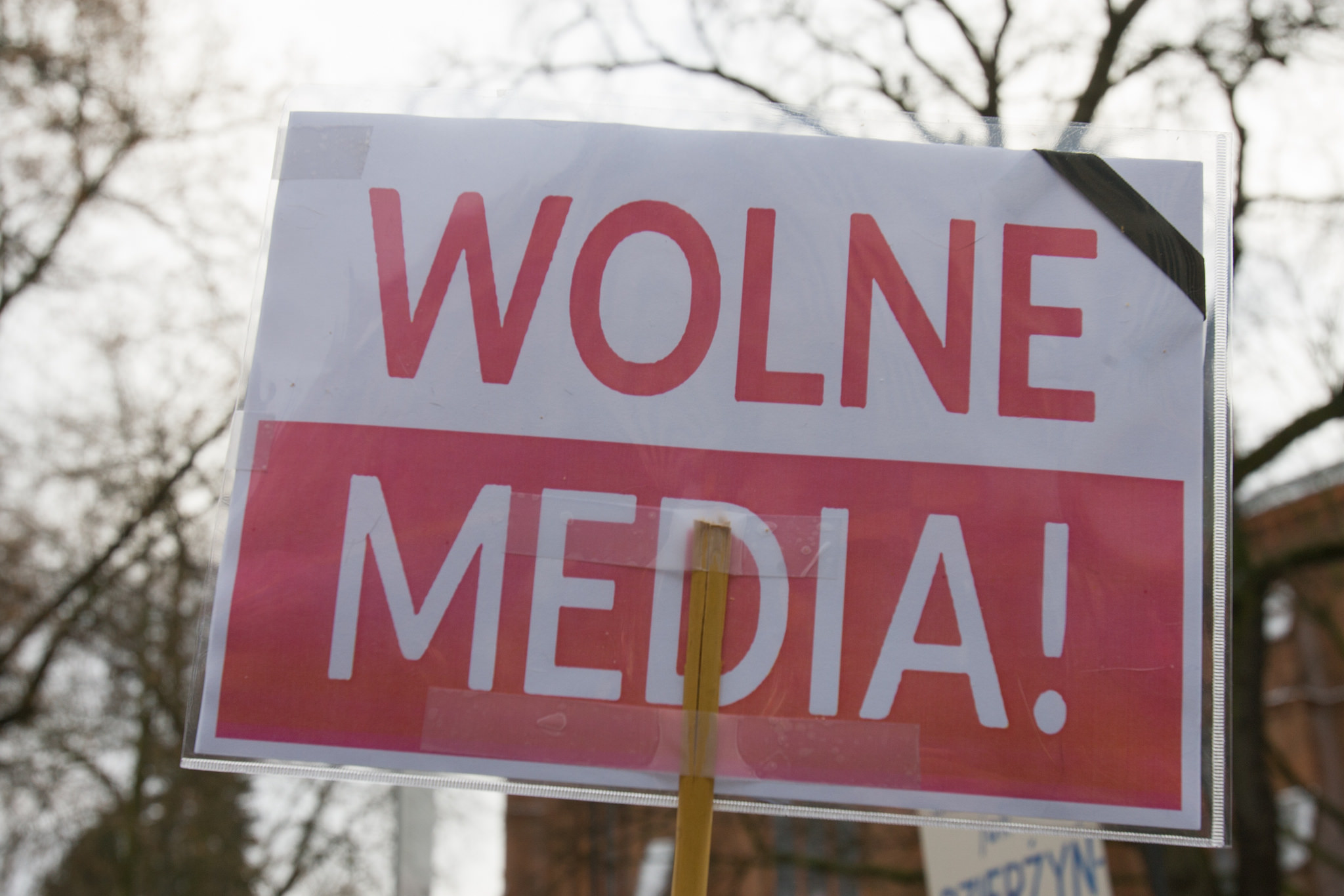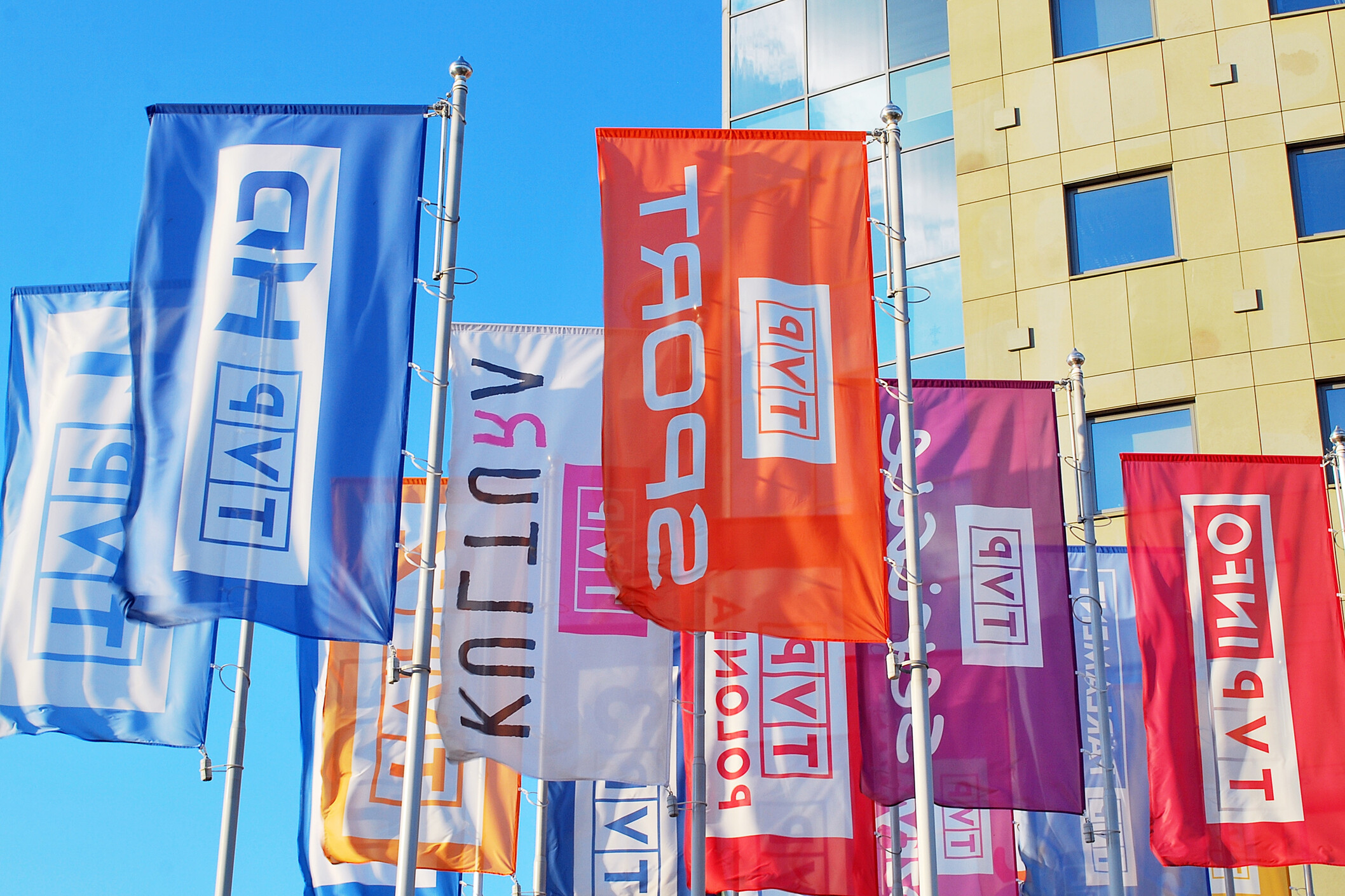A proposed tax on advertising revenue that could create long-lasting damage to media independence and pluralism in Poland is to be amended.
A bill that was drafted earlier this month by the ruling Law and Justice (PiS) party to impose a levy on advertising revenue that independent media outlets receive has been met with widespread condemnation is set to be rewritten following widespread condemnation.
What was the bill proposing?
The proposed levy would be between 2 and 15 percent depending on the size of the organisation. Authorities proposed that around half of all proceeds would be distributed to the National Health Fund (NFZ) during the Covid-19 pandemic. Yet as Deutsche Welle reported, “state media is exempt from the tax.”
Poland’s prime minister Mateusz Morawiecki calls it a “Solidarity fee” that will help the culture sector, which has also taken a toll amid the pandemic. Morawiecki claims that it will also put Poland in line with other European countries that have been implementing similar measures. If approved, the levy would come into effect later this year.
Impact on independent media
But the proposed tax poses existential threats for independent radio and television broadcasters, print and online media outlets, whose incomes have already been severely affected by declining advertising revenue during the pandemic. Some could be forced into liquidation.
Many critics have condemned the bill and see it as another attempt by the government to use the COVID-19 pandemic as an excuse to stifle critical voices and undermine media freedom.
In response to the proposal, media outlets – excluding state media – staged a 24-hour blackout. On 10 February, some privately-owned radio stations suspended broadcasts, meanwhile print and online media companies published blank backgrounds and protest banners on their front pages.
2/2 “Media bez wyboru” to forma protestu. Rząd chce obciążyć niezależne media nowym podatkiem od reklam. Są one jedynym źródłem dochodu. Protestujemy, by mogli się Państwo przekonać jak będzie wyglądać Polska bez niezależnych mediów. #Mediabezwyboru pic.twitter.com/O3AjsSH3X0
— Radio ZET NEWS (@RadioZET_NEWS) February 10, 2021
Tak mogą wyglądać strony gazet jeśli tego nie zatrzymamy. Walczmy o wolne media dla nas i naszych dzieci #wyborcza https://t.co/U45ObwtWvx
— Gazeta Wyborcza.pl (@gazeta_wyborcza) February 11, 2021
#Poland‘s independent media launch blackout in a protest at a new tax on ads that undermines #PressFreedom. “This is simply extortion,” said an open letter to Polish PM signed by 43 media orgs as a part of the #MediaBezWyboru/#MediaWithoutChoice campaign. https://t.co/SYK2aVkCmt pic.twitter.com/7pKgkQupMy
— Media Dev Inv Fund (@mdiforg) February 10, 2021
France 24 reported several headlines and webpages of media outlets that joined the protest, including private radio station, Radio Zet, which said, “There is no free country without independent media. There is no freedom without freedom of choice.” According to The Guardian, other companies shared slogans like “This used to be your favourite show.”
Independent daily newspaper, Gazeta Wyborcza wrote that they were protesting because “the authorities have declared war on free public opinion.” It also tweeted: “There will be no democracy without free media. There will be no more free elections or free citizens.”
According to Reuters, an open letter was also signed by more than 40 media outlets and sent to Polish authorities and party leaders. It stated: “We strongly oppose using the pandemic as an excuse to introduce another, new, exceptionally heavy burden on the media.” Some of the outlets that joined the protest will be taken over by government-affiliated oil firm, Orlen.
The bill has also received backlash from within the coalition. A spokeswoman for Accord, a junior, centrist partner of Poland’s coalition government said that it wouldn’t support the tax as it was “unacceptable” in its current form.
Following the outcry, the Polish government announced on Tuesday that it will be considering the concerns raised about the bill and amend “aspects” of the plan. Some opposition politicians are calling for the government to drop the plan altogether.
Wider media freedom concerns
A day after the media blackout, the Media Freedom Rapid Response (MFRR) team, which is comprised of the International Press Institute (IPI) and other media freedom advocacy organisations, published a summary report of their findings on the threats facing the Polish media landscape. They include the calculated measures taken by the PiS party to weaken independent media and to consolidate plans to curb the spread of foreign media ownership and ‘re-polonise’ the media industry.
Jamie Wiseman, IPI advocacy officer, shared some of his insights with the Balkan Insight: “Developments in Poland over the last few months should be sounding major alarm bells in Brussels. Statements and Twitter posts from EU leaders will not suffice… It is essential that the [European] Commission recognises that the [Hungarian Prime Minister Viktor] Orban model for media capture is being exported to other states with devastating effects. These dual assaults on media freedom are not simply an issue for democracy in Poland or Hungary, but for the whole of the EU.”
As Wiseman suggests, these measures seemingly follow suit from Victor Orbán’s crackdowns on independent media in Hungary. Independent radio station, Klubrádió, was recently taken off air after a court approved a decision by the state-backed Hungarian Media Council to not renew its broadcasting license, which expired on 14 February. According to Reporters without Borders (RSF), Klubrádió had been known for its outspoken criticism of the government.
Read more: Hungary’s leading independent radio station taken off the air (RSF)
Elsewhere in the region, journalists are working in environments that limit free and fair reporting. Earlier this month, Slovenia’s public broadcaster, RTV Slovenia, raised concerns about the failure of the government’s communications office to grant consent for health officials to appear on a TV show to discuss the false results of rapid COVID-19 tests.
The unprecedented media blackout that took place in Poland on 10 February was meant to provide the world with a glimpse into what might soon be a reality if many independent media outlets were forced to shut down. Fewer choices of independent sources of news would have a detrimental impact on media plurality and democracy – especially when there has never been a more urgent time for citizens to have access to sources of credible information to help combat the spread of misinformation about the COVID-19 pandemic and vaccines.
The Public Media Alliance will report on any further developments.
Header Image: Black and white noise on a TV screen with no signal, also called TV snow. Credit: axstokes/istock
Related Posts
8th January 2021
Poland: Media independence and pluralism under threat from state-backed companies
Growth in ownership by state-backed…
2nd June 2020
Censorship in Polish public radio sparks debate about media freedom
A debate about media freedom and the…



